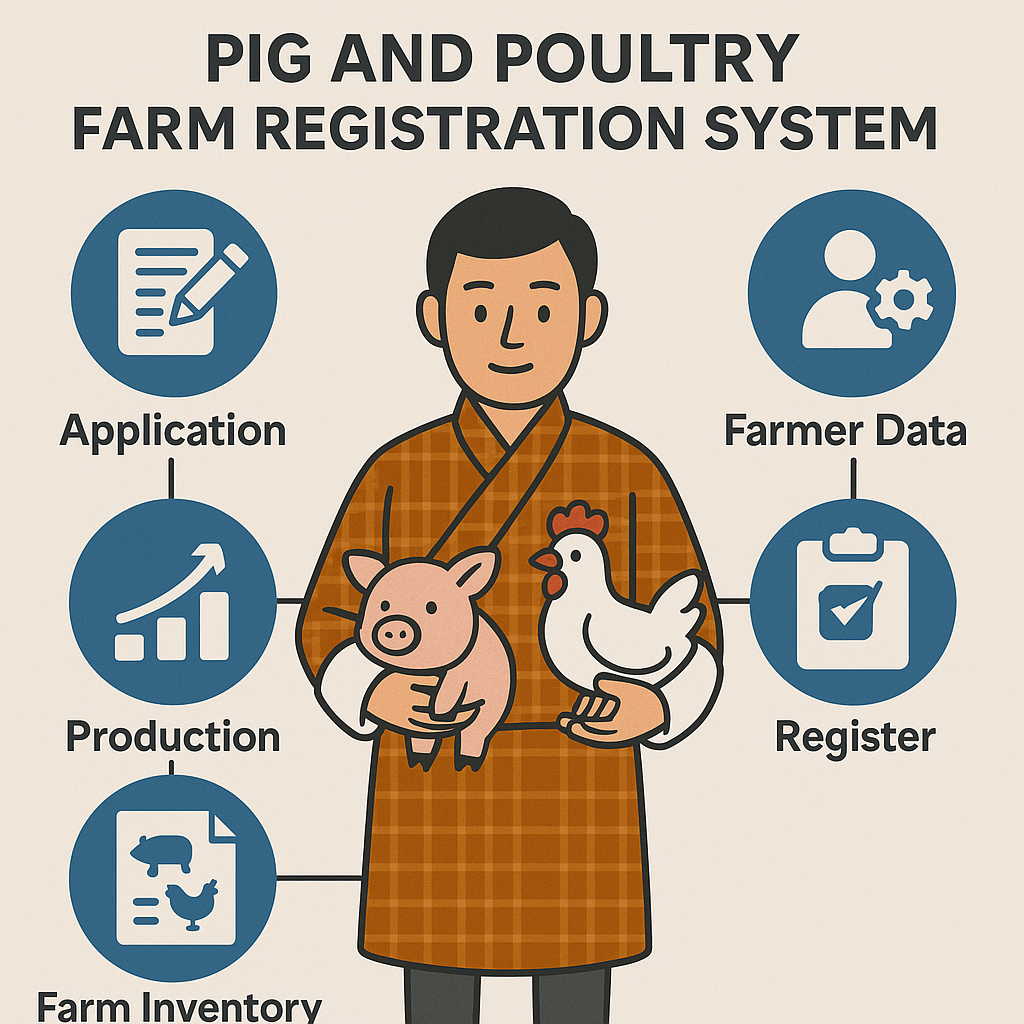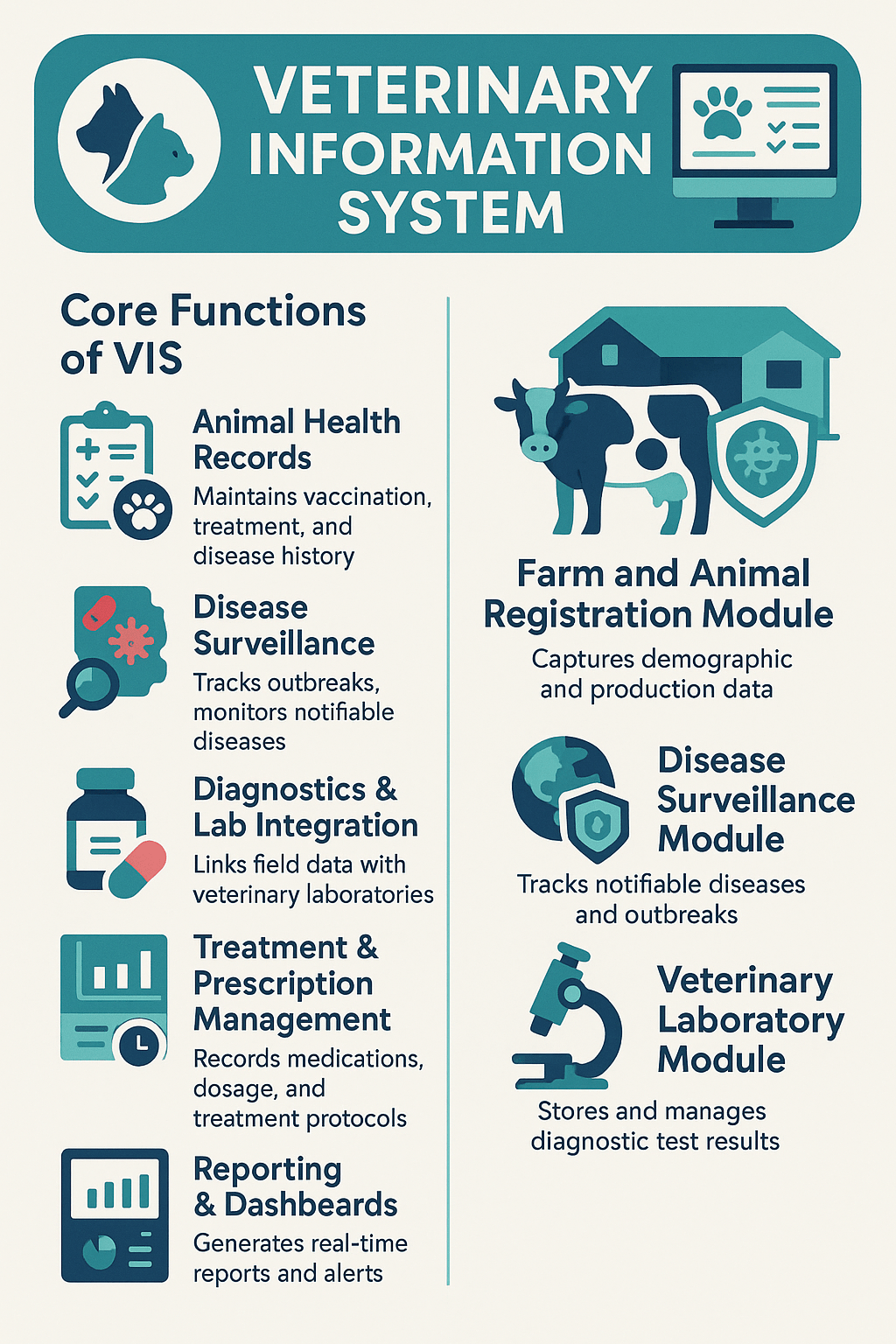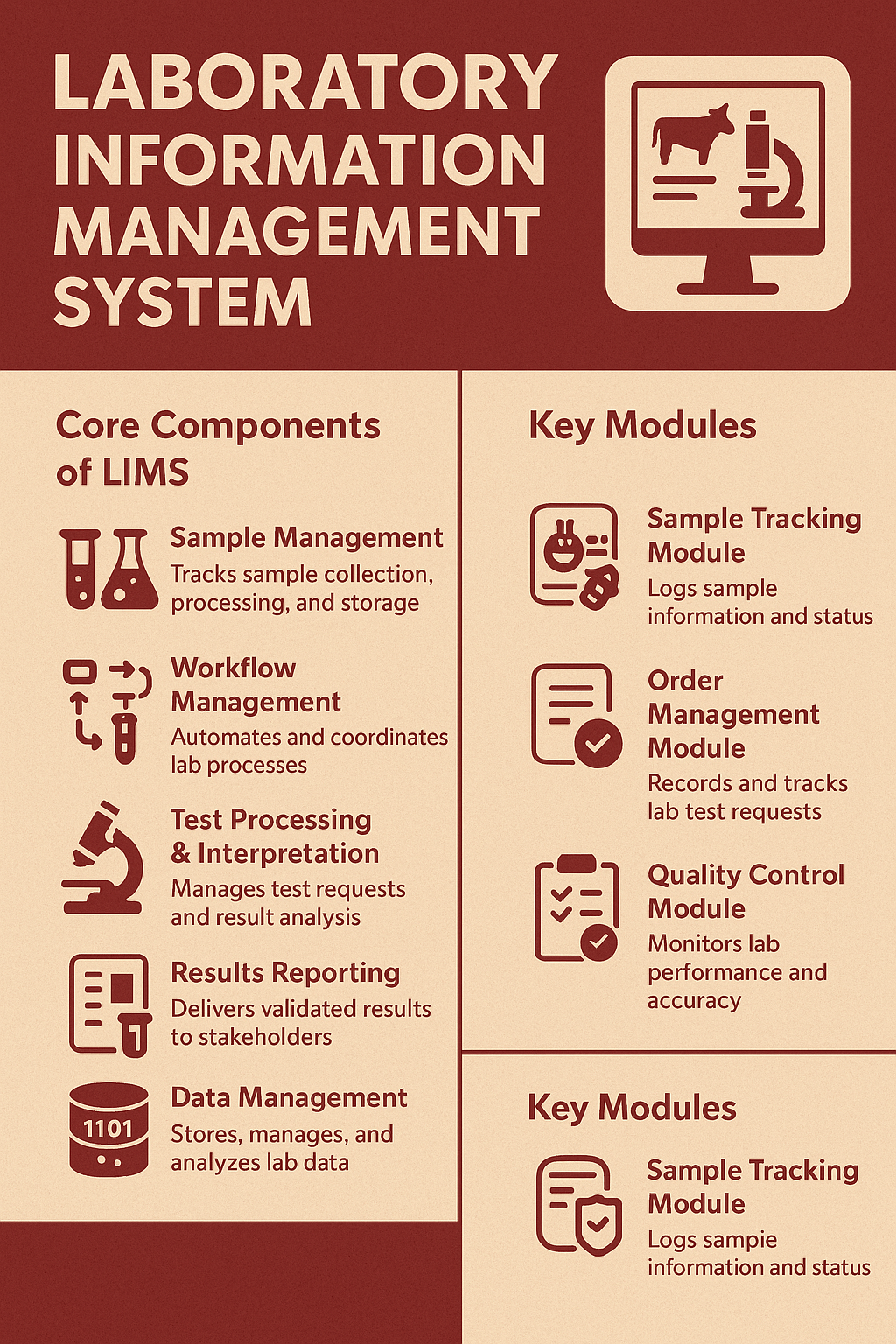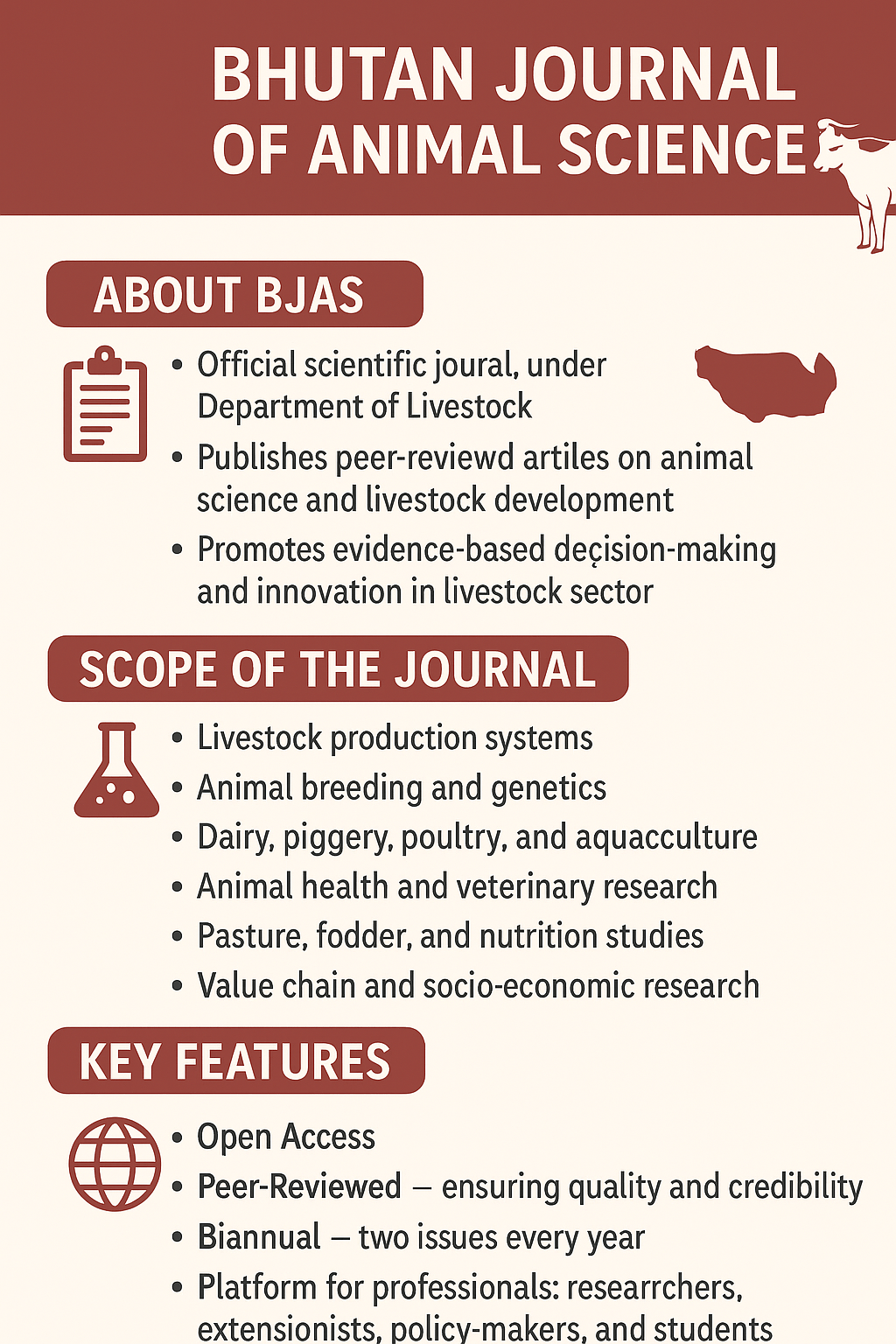Additionally, Ms. Tiparat emphasized the importance of improving fish seed (fingerlings) quality, particularly at government hatcheries, to prevent inbreeding and ensure the availability of high-quality fingerlings. She also advocated for the development of national aquaculture guidelines, in line with Good Aquaculture Practices (GAP), to ensure sustainable farming methods and compliance with international standards. This would be especially critical for Bhutan’s efforts to enter high-value export markets.
A key strategic initiative discussed was the Chirup Farm concept, which aims to support small-scale, subsistence farmers in transitioning to commercially viable operations. This approach would involve building model farms and promoting collaboration between government entities, the private sector, and local farmers to create a robust aquaculture business ecosystem in Bhutan, covering everything from input supply to post-harvest processing.
![]()







